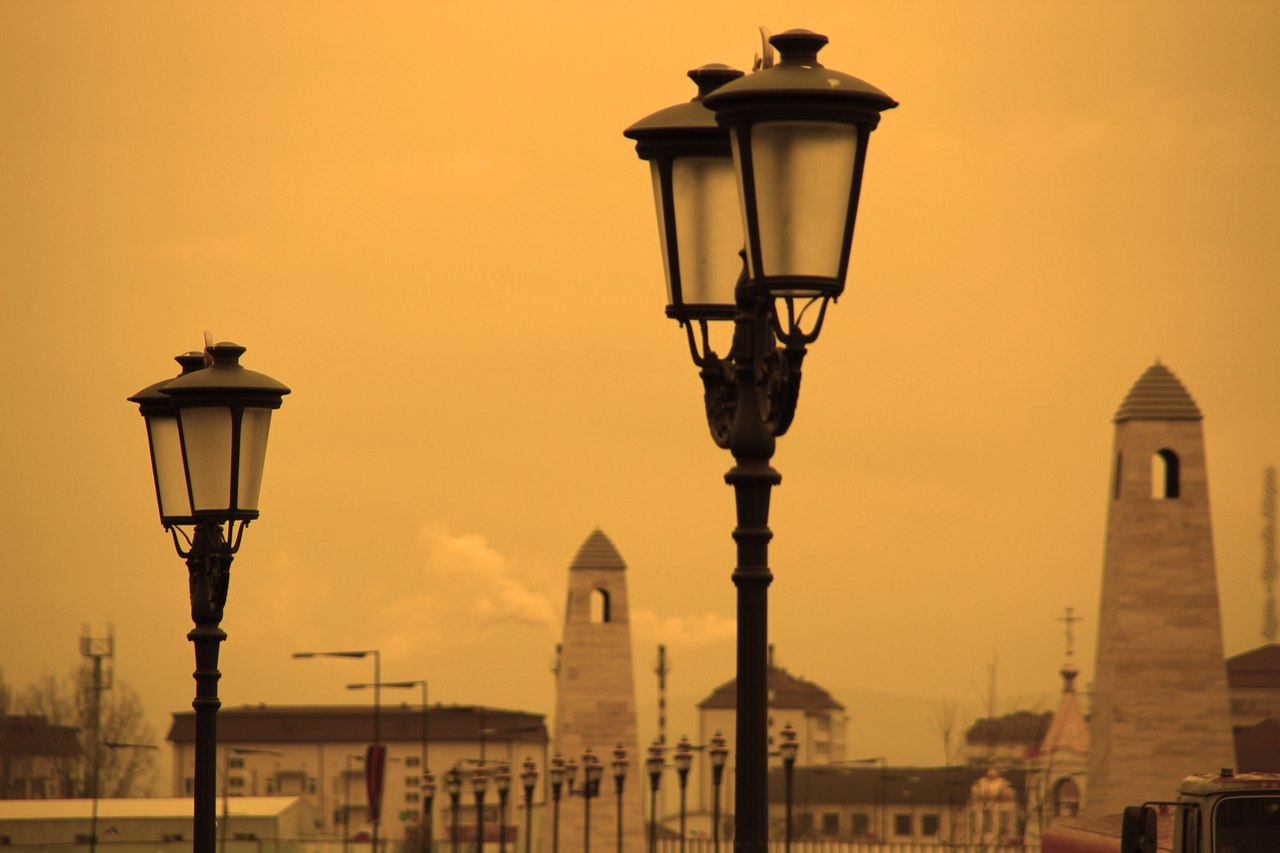No Job, No Money: Why do North Caucasians Migrate to Russia’s Big Cities?
640 views / 16 May 2015

North Caucasus has been a problematic region for Russia for more than two decades. The Federal government invested lots of money to restore the social infrastructure, but the main problems like unemployment and poverty still remain unresolved.
By Anastasia Fistashka
My taxi was stuck in a traffic jam, a common occurrence in Moscow at any time of the day. The driver, a middle-aged man dressed in a well-ironed business suit, was softly tapping on the wheel, patiently waiting for beeping cars to move forward.
“I miss my family very much,” he said thoughtfully. “I wanted to bring them here in Moscow, but the plan did not work.”
The driver’s name is Emin and he is a Chechen. He came to Russia’s capital from the city of Grozny, to work as a taxi-driver and earn some money for his family – wife and three children – back home.
Migration from provinces to Moscow and other cities in the country’s central regions is a common practice in Russia. In big cities, salaries are higher and work opportunities are much better.
“My wife is now working as a school teacher in Grozny. I worked at school, too. Taught sports, handicraft and other subjects. But the salary was too low. You simply can’t live on 12,000 rubles ($230) a month and support your family,” Emin said.
Since the collapse of the Soviet Union, the Chechen Republic as well as the entire North Caucasus has been a problematic region for Russia, both politically and economically. Religious extremism, frequent terrorist attacks, widespread corruption among political circles, as well as the desperate economic situation made the region a hotbed of violence.
Russia struggled to solve the multifaceted problems of its southern region with various methods. After the two devastating wars in 1994-1996 and in 1999-2000, the government started to combine harsh mopping-up operations to eliminate terrorism with attempts to improve the socio-economic situation investing large sums of money into the region.
The social infrastructure in North Caucasus, and especially in Chechnya, was built from the scratch according to the most advanced standards. When one looks at the pictures of today’s Grozny, one might possibly mix it up with one of the luxurious Arab cities, rather than see it as the place that had gone through complete devastation less than a decade ago.
“We have all things new here. Schools, houses, hospitals – everything,” Emin said, adding that current authorities also managed to secure relative stability in the region.
However, the local socioeconomic situation still leaves much to be desired. Unemployment, low salaries as well as the lack of factories and plants pose the main challenge to the region, making its economy non-competitive and forcing its residents to migrate to bigger cities in other parts of Russia.
“What one needs for comfortable life is a job. So that one can build a house, buy a car, form a family. In other words, we need factories, manufacturing, better work opportunities,” Emin explained.
The man said that the Russian government was planning to build a refinery in Grozny. But as for now these plans seem to only remain on the paper.
In search of a better life, people like Emin come to Moscow and other central cities, frequently causing frustration and rejection from the local population. Some people dislike Caucasians[1] for the strong public demonstration of their ethnocultural traditions, which the locals perceive as a strange and provoking behaviour. Others feel mistrust and anxiety towards the people from North Caucasus, associating them with terrorism and crime.
As the minds of people are hard to change, sustainable regional development would probably be the best solution. The construction of factories and creation of new jobs could reduce migration and eliminate radicalism, enabling people to live comfortable lives back home.
[1] Here I only refer to ethnic groups from the North Caucasus region and not to a broad definition of the term “Caucasian” as a race.
The views and opinions contained in this article are those of the author. They do not necessarily represent the views of ‘Russian Accent’.
POST A COMMENT
Your email address will not be published. Required fields are marked *


comments (0)
Write a comment share your opinions with others.